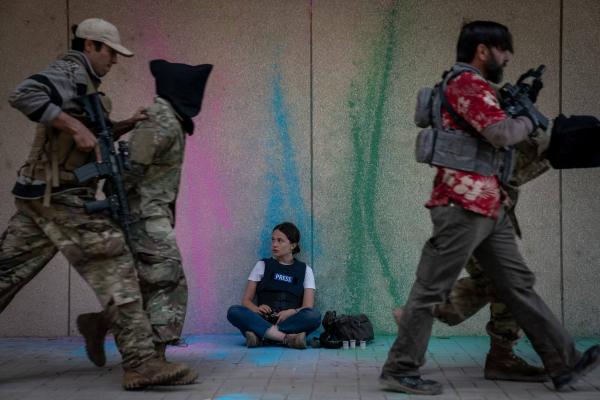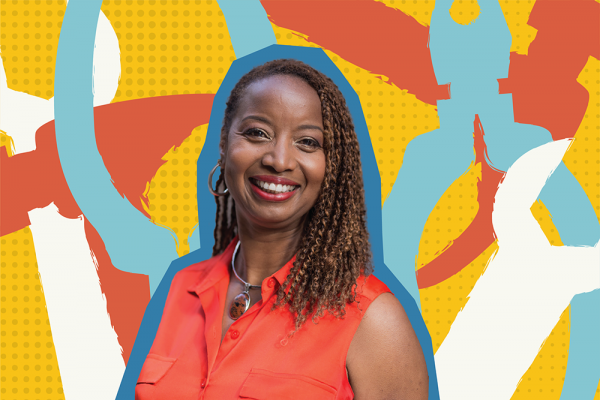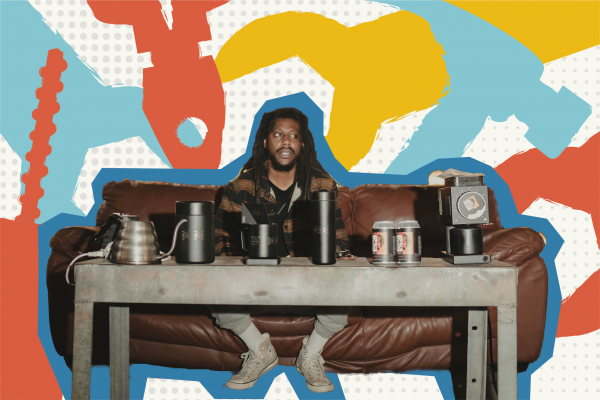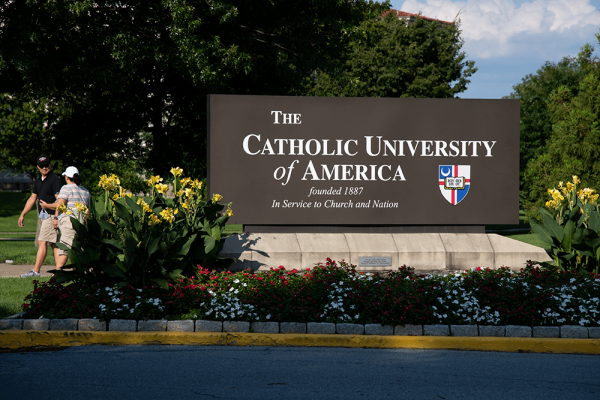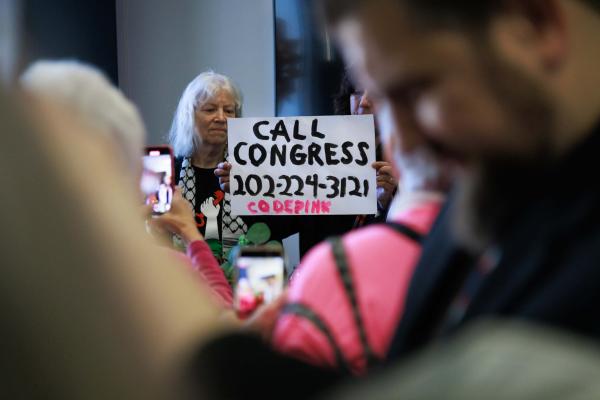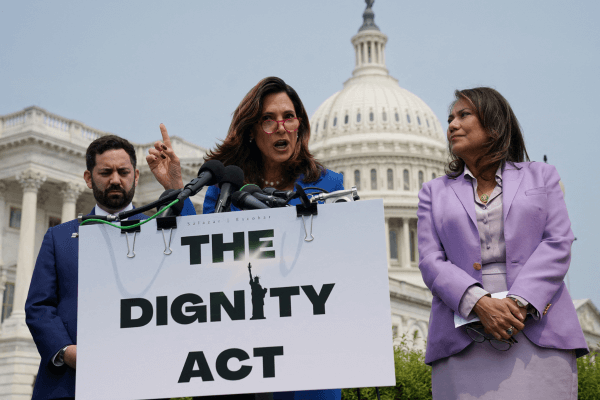Especially for those churches who imagine ourselves to be a mediating middle path in a country where every issue has become sharply partisan, Civil War illustrates that objectivity ends where the suffering of vulnerable people begins.
Brenda Salter McNeil is an ordained minister in the Evangelical Covenant Church, associate professor of reconciliation studies at Seattle Pacific University, and the author of multiple books on the topic of racial reconciliation. McNeil is acutely aware of critical attitudes toward racial reconciliation and is seeking to emphasize the importance of reparations and intersectionality in her new book, Empowered to Repair. I sat down with McNeil to talk about reconciliation, Obama, and Black support for former president Donald J. Trump.
Standing hand in hand with my fellow classmates at St. Lawrence Catholic Church and School in North Miami Beach, Fla., I couldn’t help but notice how sweaty my hands were. It was 2006, and another 98-degree, humid day in my hometown was upon us. The old church’s air conditioner wasn’t very effective, and I remember I had a feeling I just couldn’t shake — even at the young age of 9: I felt as though something was deeply wrong with me.
I was raised in a primarily Caribbean Catholic tradition, where my family and community emphasized that adhering to the strict rules of the church was what made you a good person. Every morning, my dad would rush me and my sister out the door to school. We would line up with our classes and recite prayers before entering the building, no matter how hot it was outside. During the day, I took religion classes and memorized scriptures my teachers required me to recite at church twice a week. I hated it all.
Christians have long been curious about the Jewish custom of Passover. Passover, a major Jewish holiday that remembers the Israelites’ escape from slavery in Egypt, is an integral part of the events of Christian Holy Week, with the gospels recounting how the meal known as the Last Supper happened around the beginning of Passover that year, right before Jesus was crucified.
The gospel writers were not fixated on Mary’s sexual history; it’s the institutional church that objectified her — casting her as a perpetual virgin, elevating her sexual experience (or lack thereof) to be the most important thing about her
Every few months, a headline flashes across my news feed: “Climate change could destroy the coffee industry,” or something similar.
Even as a regular coffee drinker, what concerns me isn’t the change to my morning cup, it’s the lives and livelihoods of the farmers who plant, grow, cultivate, and prepare my coffee beans. The majority of coffee is grown in the global South, which is alsobearing the brunt of climate change. Meanwhile, a majority of the world’s carbon dioxide emissions also come from the global North.
Rachel Carbonneau didn’t show up to Catholic University of America in late January planning to talk about abortion. The doula and public health advocate was visiting a class for aspiring nurses, doctors, and other public health professionals to talk about social determinants of health — the ways that economics, community structure, bias, and institutions affect health outcomes. The student-led conversation had touched on a wide range of topics from the opioid crisis, to the fact that Black birthing people in New York are five times more likely than their white counterparts to die in childbirth, to the impact of COVID-19 on placental health.
Do you ever wonder if calling your representatives makes a difference? Do you ever wonder if prayer yields fruit? Considering all the injustice in the world, I think those are fair questions to ponder.
Since last October, I’ve spent many nights crouched over the bed with my phone on loudspeaker. I’ve been calling my representatives for the passing of H.R. 786, a congressional resolution that urges “an immediate deescalation and cease-fire in Israel and occupied Palestine.” This has been my daily practice.
If you’re the type of person who discusses politics online, you’re likely to have heard of Godwin’s law. In 1990, Mike Godwin, a First Amendment lawyer, invented this rule to address a common occurrence: The longer online debate drags on, the more likely someone commits the fallacy of reductio ad Hitlerum — i.e., the comparison of someone or something to Adolf Hitler or the Nazis.
Invoking Nazis, as Godwin suggests, is a lazy way of ending a debate. I also think it’s usually motivated by a shallow understanding of history and an insensitivity toward Holocaust victims.
But there’s gotta be times when referencing the Nazis is warranted, right? I’ve been thinking about this a lot lately as U.S. politics continues down the path of polarization and a segment of Christians unabashedly preach a message of domination. We need a sharper critique of Christian nationalism and the Republican presidential candidate Donald J. Trump that’s deeper than simply labeling the former group as “Nazis” and the latter individual “Hitler.” But where do we begin?
According to a recent Lifeway Research poll sponsored by the Evangelical Immigration Table and other evangelical groups, evangelicals desire immigration reform with increasing urgency. Showing a marked increase from prior years, 77 percent of poll respondents say it is important that Congress passes significant new immigration legislation in 2024 — up from 71 percent in 2022 and 68 percent in 2015.
